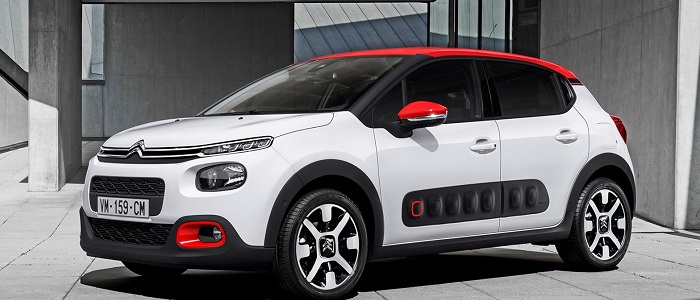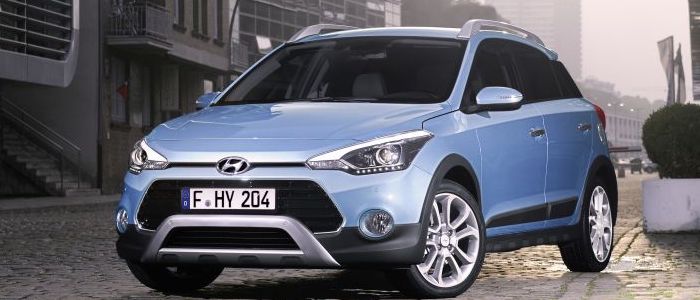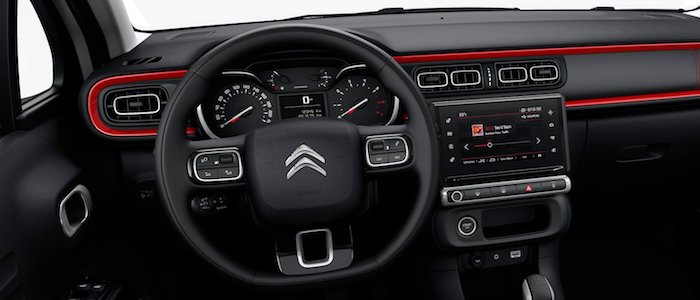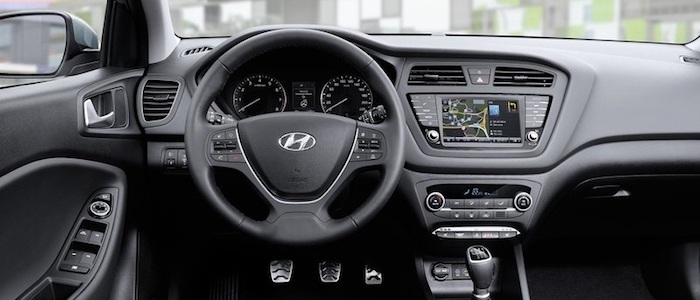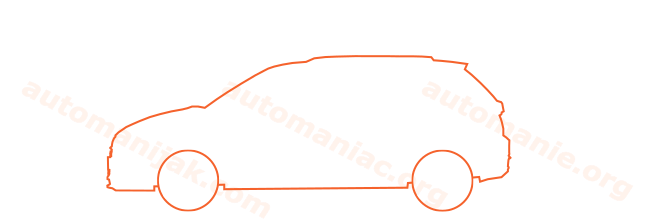Compare two cars
Compare any two cars and get our Virtual Adviser™ opinion
Dimensons & Outlines
Check a car with 30% off a report
Engine
Performance (manual gearbox)
Performance (automatic gearbox)
Expenses
Virtual Adviser's™ opinion
Well, these are two pretty similar cars we have here! It's only details that could potentially make the difference. Considering they both belong to the city car segment and utilize the same 5-door hatchback body style and the front wheel drive system, it all comes up to the specific diesel engine choice they offer. The first one has a Peugeot-engineered powertrain under the hood, a 4-cylinder, 8-valves 75hp unit, while the other one gets its power and torque from a 4-cylinder, 16-valves 90hp engine designed by Hyundai.
SafetyA starting point here would be to take a look at the results from European New Car Assessment Programme (Euro NCAP) tests which were performed on both of the cars, with the same number of safety stars gained in the process. Still, apart from the official crash test results there are other things we need to be aware of. Both vehicles belong to the city car segment, which is generally not a very good thing safety-wise, but it doesn't do much to help us decide between the two. On the other hand, when it comes to weight, a factor that most people underestimate, the Korean car offers a marginal difference of 8% more metal.
ReliabilityManufacturers have been building their reliability reputation for decades now and, generally speaking, it appears that Hyundai does have a slight advantage, at least on all of the models level. That's the official data, while our visitors describe reliability of Citroen with an average rating of 4.0, and models under the Hyundai badge with 4.5 out of 5. Independent research findings rank C3 as average reliability-wise, and i20 is more or less at the same level.We should definitely mention that owners of cars with the same powertrain as the French car rank it on average as 4.8 out of 5, exactly the same as the other one.
Performance & Fuel economyHyundai is way more agile, reaching 100km/h in 3.2 seconds less than its competitor. In addition to that it accelerates all the way to 170 kilometers per hour, 1km/h more than the other car. When it comes to fuel economy the winner has to be the French car, averaging around 3.5 liters of fuel per 100 kilometers (81 mpg), in combined cycle. We can't ignore that 20% difference compared to the Korean car.
Verdict
Hyundai appears just a bit more reliable, although the difference is truly marginal. The most important thing when deciding between any two vehicles should always be safety, both passive and active. In my opinion, everything taken into account, the Korean car offers slightly better overall protection and takes the lead. It all continues in the same direction, with Hyundai outracing its opponent in any situation possible, making it better choice for boy racers. It does come at a cost though, and that's the fuel consumption... No mistake, whatever you decide here, but I'd still go for the Hyundai. Nevertheless, let's not forget that people have different preferences and needs, so what really counts is your personal feel. I'm only here to help. Also, you could use the oportunity to find out which car, everything taken into account, would be the perfect choice for you in the eyes of the virtual adviser™, out of 12.000+ vehicles we currently have in our database.























